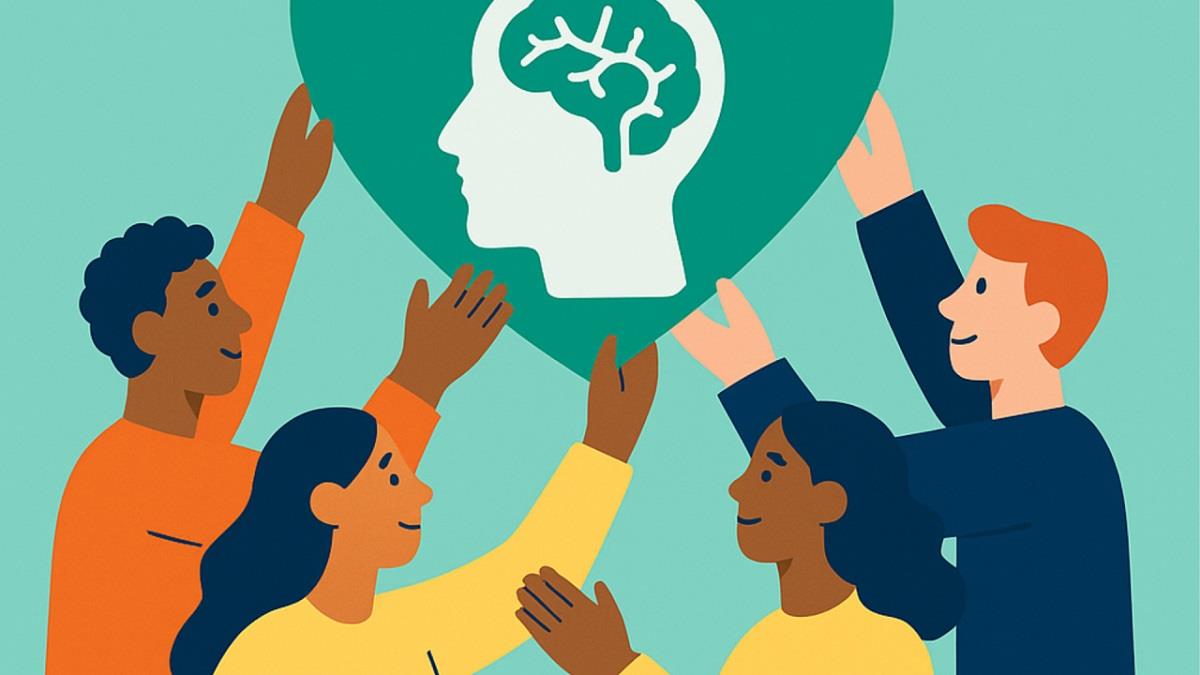
Kashmir's Mental Health Crisis Mirrors A Global Blind Spot
Representational photo
By Musaib Bilal
When the Pahalgam attack took place earlier this year, I was full of life. I had been attending youth conferences, leading discussions, and speaking on education, women's hygiene, and emotional well-being.
That evening, my friend and I were on a live session about tourism in Kashmir, talking about how travellers saw our valley as a“piece of the moon.” Midway through the conversation, the news broke. There had been an attack. We went silent. Within minutes, we ended the session.
ADVERTISEMENTWhat I felt first was anger. Then panic. What would this mean for our future, for the sense of peace we were finally learning to build?
I remember thinking: why does every spark of hope in Kashmir have to fight so hard to stay lit?
For generations, people here have been conditioned to survive. We have lived through upheavals, curfews, communication blackouts, and natural disasters. Survival became our default mode. But survival leaves scars that seep into how we think, feel, and raise our children.
Drug addiction, depression, and suicides are no longer rare incidents. They've become symptoms of an emotional epidemic that nobody wants to name.

Legal Disclaimer:
MENAFN provides the
information “as is” without warranty of any kind. We do not accept
any responsibility or liability for the accuracy, content, images,
videos, licenses, completeness, legality, or reliability of the information
contained in this article. If you have any complaints or copyright
issues related to this article, kindly contact the provider above.
Most popular stories
Market Research

- Casper Network Advances Regulated Tokenization With ERC-3643 Standard
- Forex Expo Dubai Wins Guinness World Recordstm With 20,021 Visitors
- Superiorstar Prosperity Group Russell Hawthorne Highlights New Machine Learning Risk Framework
- Freedom Holding Corp. (FRHC) Shares Included In The Motley Fool's TMF Moneyball Portfolio
- Versus Trade Launches Master IB Program: Multi-Tier Commission Structure
- Ozzy Tyres Grows Their Monsta Terrain Gripper Tyres Performing In Australian Summers




















Comments
No comment